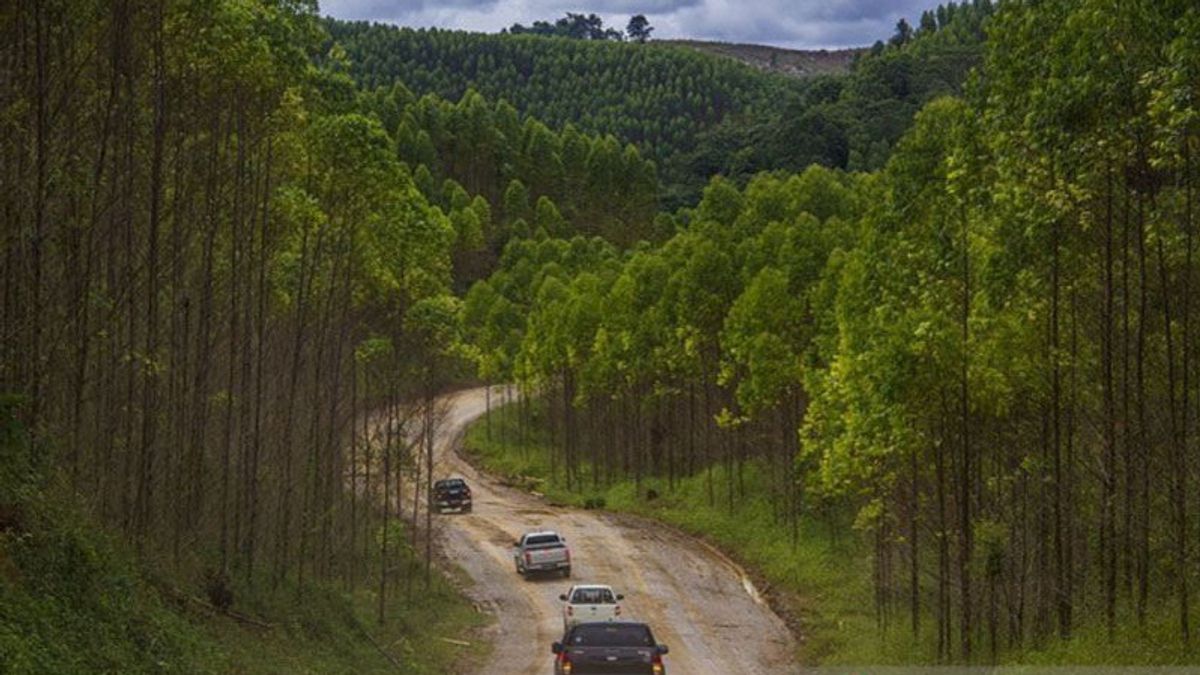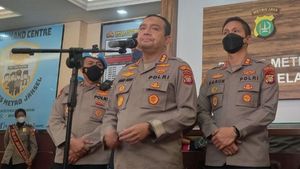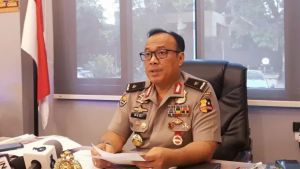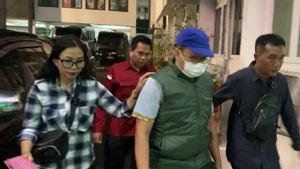YOGYAKARTA - The National Capital Authority (IKN) hopes for the role of biologists to support the application of the environmentally friendly forest city concept in IKN.
The Expert Team of the Transitional Team for the State Capital Authority, Wicaksono Sarosa during the National Seminar on Biology's Contribution to the Sustainable Development of the Indonesian Capital at the UGM Senate Hall, said that biologists are expected to innovate in solving environmental problems in IKN development.
"The IKN Authority really expects input from various fields of science, including biology so that IKN really becomes an environmentally friendly city," he said as quoted by ANTARA, Wednesday, August 10.
According to him, among other things, biologists can help determine what tree species are most effective in urban areas that function as carbon sinks and create microclimates.
"But the tree should also be able to support the life of urban animals, especially insects and birds," he said.
In developing IKN as a forest city, he continued, there are established principles, namely zero deforestation, biodiversity conservation, sustainable forest management, increasing carbon stocks, involving indigenous and local communities, and improving land use and governance.
According to him, 75 percent of the forest area that is maintained as a protected area in IKN will be a challenge in development which is completed with the concept of a dense city so that it does not expand to the outskirts of the city which is feared to clear more forest.
"An animal corridor will also be built covering an area of 30,000 hectares in North IKN as well as restoration of degraded areas and forests with large-scale nurseries in Mentawir," he explained.
However, Wicaksono said there are challenges related to the type of soil in IKN which is dominated by clay shale soil with low bearing capacity.
VOIR éGALEMENT:
The soil, he said, is very hard in closed conditions, but will change drastically and become weathered if there is contact with the air so it is very unstable on land with a fairly high slope.
This type of soil, according to Wicaksono, has a low fertility rate and poses a challenge for restoration of development forests and food cultivation areas.
"These challenges need to be answered as well as opportunities for biologists in Indonesia to contribute to the development of IKN," he said.
The English, Chinese, Japanese, Arabic, and French versions are automatically generated by the AI. So there may still be inaccuracies in translating, please always see Indonesian as our main language. (system supported by DigitalSiber.id)
















